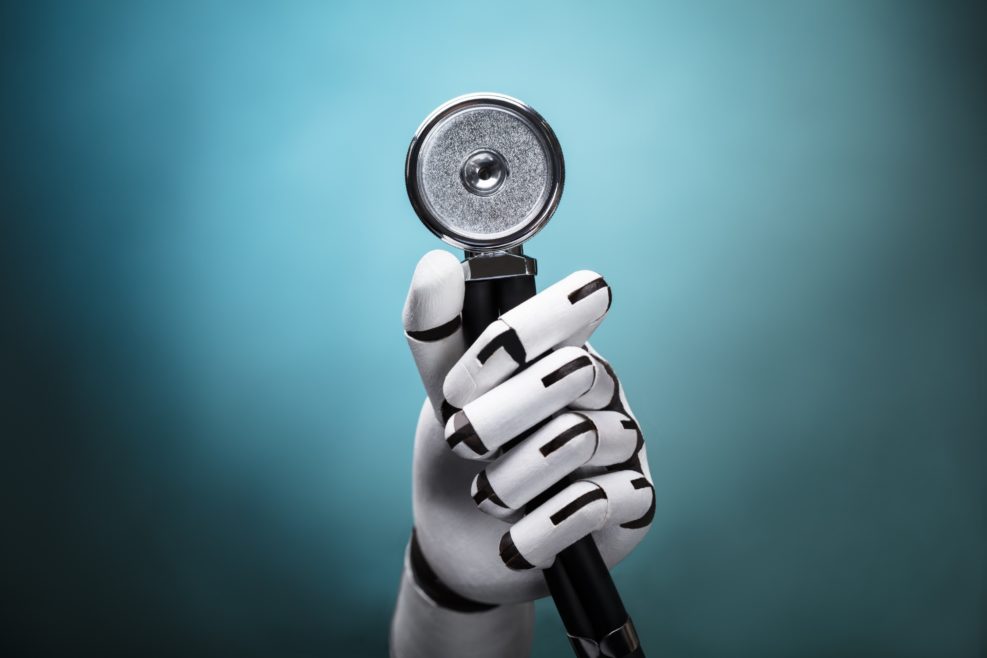
Doctors Won’t Be Obsolete Anytime Soon
Despite fanfare and positive portrayals in pop culture, artificial intelligence “doctors” are failing to live up to the hype.A careful analysis of British hospital records found that an annual average of 1,600 adults over the age of 30 had used outpatient child and adolescent psychiatry services and that a comparable number of youths aged 0-19 years old had used outpatient geriatric services. Tongue-firmly-in-cheek, the authors speculated that, “We are not clear why so many adults seem to be availing themselves of pediatric services, but it might be part of an innovative exchange program with pediatric patients attending geriatric services.” They also found that thousands of men used outpatient obstetrics, gynecology, and midwifery services each year, though there were fewer women availing themselves of vasectomies. These were clearly clerical errors made by fallible humans recording patient data. Could computers do Read More ›













